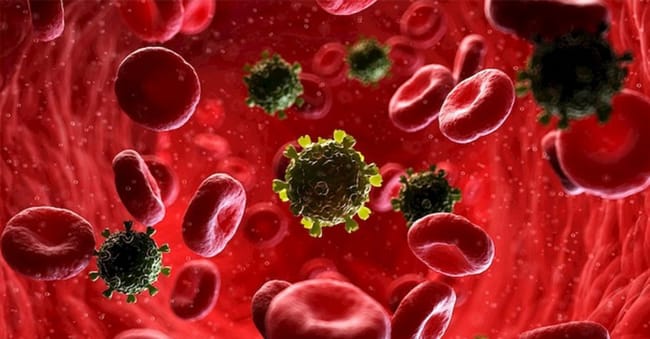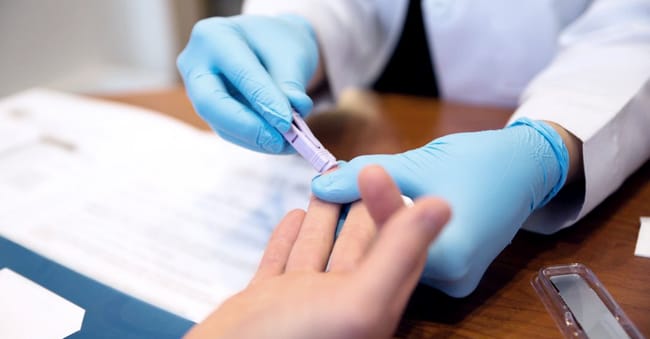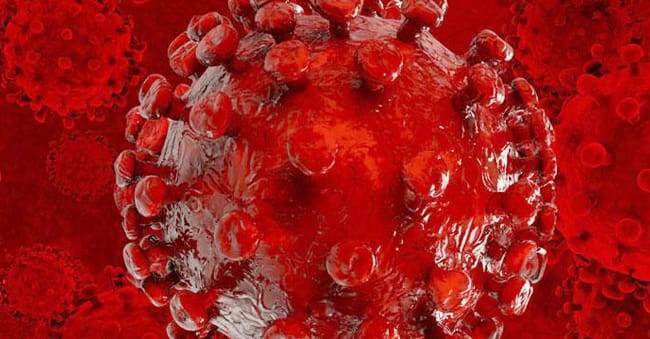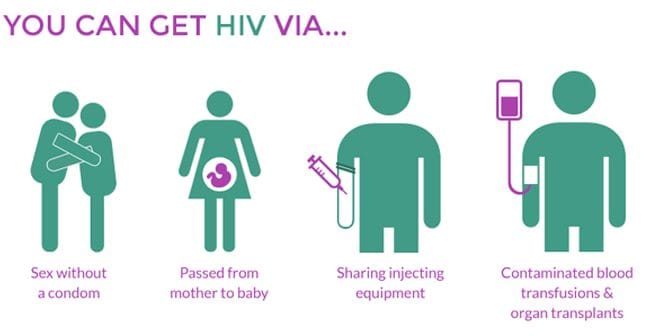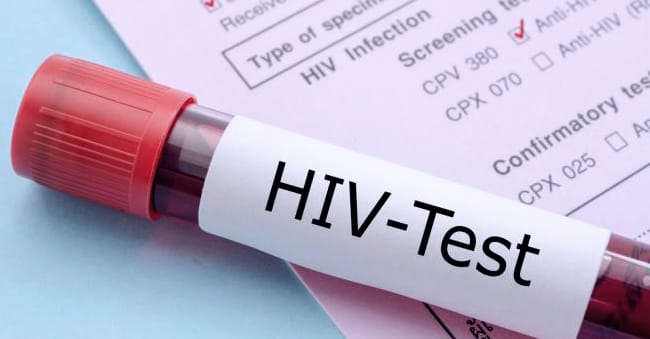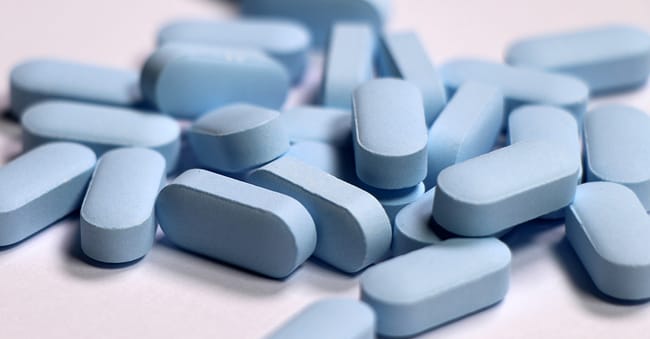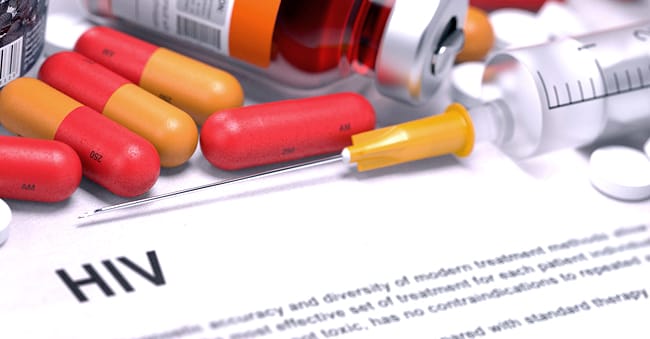As we already know what is HIV, it’s easier to understand how the symptoms of HIV formed. Signs of HIV can include:

Flu-like symptoms
Most of people contracted with HIV virus experienced having flu-like symptoms during the early stages of the infection. This is our body’s natural reaction to resisting the virus. This symptom may last several weeks.

Rapid weight loss
This is due to the loss of appetite caused by the HIV virus. The energy that our body extracted from the food is being used by the virus to over-activate our immune system. Therefore, our body feel weak and not interested in consuming more food.

Tiredness, profuse night sweats
In the first few weeks of contracting HIV, our body will try to work out a defense system against the virus. Hence, it caused our body to overwork – making us feel tired and even sweat at night.

Swelling of the lymph nodes
Lymph nodes are the organ that helps to produce antibodies. It can be located in the neck, armpits or groin area. When the viruses has reached the lymph nodes, it will weaken the bodily defense system there. It will allow other bacteria and viruses to enter the body and disturb the lymphatic system, causing it to swell.
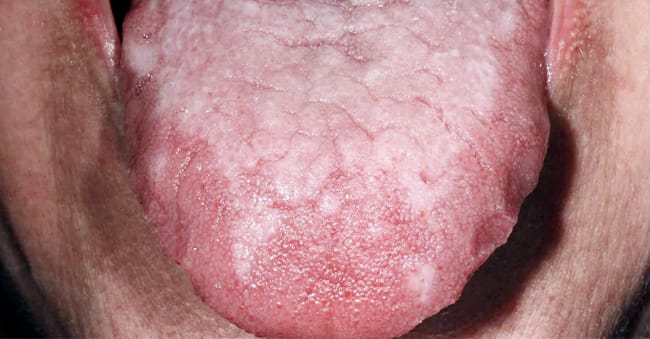
Sores on the mouth, anus or genitals
Most patients with HIV positive have sores on their mouth, anus or genitals. These are the results of weakened antibody, making it easier for diseases like candidiasis (oral fungal), herpes or other auto-immune diseases.

Pneumonia
Pneumonia is a serious, life threatening lung disease that symptoms include dry cough, chest tightness and difficulty in breathing. Those HIV patients will have a prolonged pneumonia, lasting several weeks, even months.
